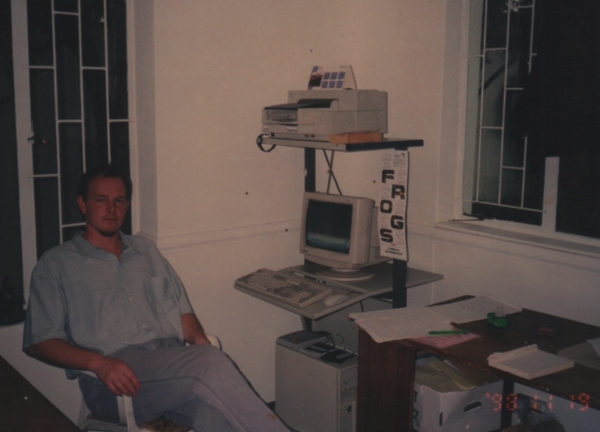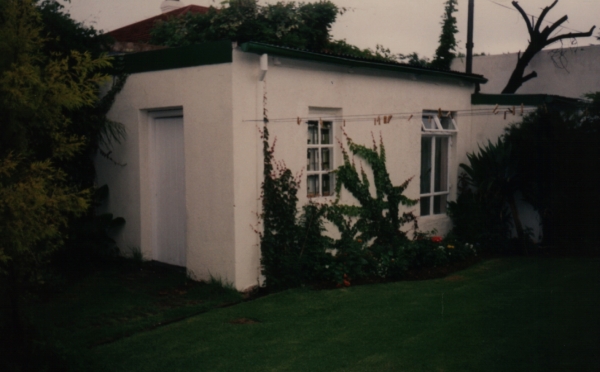THURSDAY, 15 NOVEMBER 2012
Because I try my best to avoid failure and disappointment, I wonder long and hard whether a particular way to make money is a good fit for me. I want to be sure before I spend time, and money, on a project.
A few comments:
1. There is no guarantee that you will make money with anything – even if other people earn their bread and butter with it, year in and year out.
2. There is a parallel to identity: who I am versus who I want to be. Decide whether you want to make money with something, whether it is something that suits your lifestyle, whether it is something with which you can identify, and whether it’s something that will be sustainable for at least the next ten years. If you decide it is indeed something with which you can and want to make money, then do what you need to do and learn what you need to learn to turn possibility into reality. Commit yourself to becoming successful with this activity.
What more do I want? Confirmation in a pile of tea leaves? Should someone throw a handful of animal bones to confirm something is right for me?
Decide something is right for you, and then make it right for you.
WEDNESDAY, 12 DECEMBER 2012
(I have most probably already noted this idea.)
My efforts to make money since 2006 have to a large extent been a search for identity – in a new “environment”.
For years I reckoned how you make money is not who you are; it is just what you do to meet your own needs, and perhaps the needs of a family. You are therefore not a lawyer – it’s just what you do for money.
Projects I have undertaken with the sole purpose of making a profit include affiliate marketing, sports betting, short report writing, and the selling of websites and domain names. I was perfectly competent and intelligent enough to acquire the necessary skills and knowledge to eventually make money with these activities, and in some cases I was somewhat successful.
However, none of the ways in which I made money, or could have made money in theory in most cases, was something I wanted to see as part of my identity. What I learned was that if you do not see a certain way you can make money as part of your identity, it is not a complete mystery why you’re not a raging success.
MONDAY, 17 DECEMBER 2012
To think of myself as a “publisher” is to a large extent a missing piece of the puzzle.
Since the early nineties, I’ve been holding on to the image of the “writer” – independent; elevated above the ordinary; on his own. The specific vision was of myself in an old stone fort, somewhere in a mountainous wilderness, or perhaps on the plains, at least a few days from the nearest civilisation.
That this romantic figure needs money – or worse, that he needs to make money – has always been a huge stumbling block.
This is why the idea of the publisher is so powerful. The publisher’s business, to some extent more than the writer’s, is books. Whereas the writer puts ideas and opinions and stories in words, the publisher focuses on publishing. The publisher is the one who places the writer’s creative work in the hands of the reader.
The writer is in the wilderness – or on the plains. He writes, and does not allow himself to be distracted by such common everyday concerns as money.
The publisher is in the city. He does the marketing. He advertises. He produces books in different formats. He talks business.
The publisher is the one who makes money. He is the one who makes sure the writer survives.
______________________


